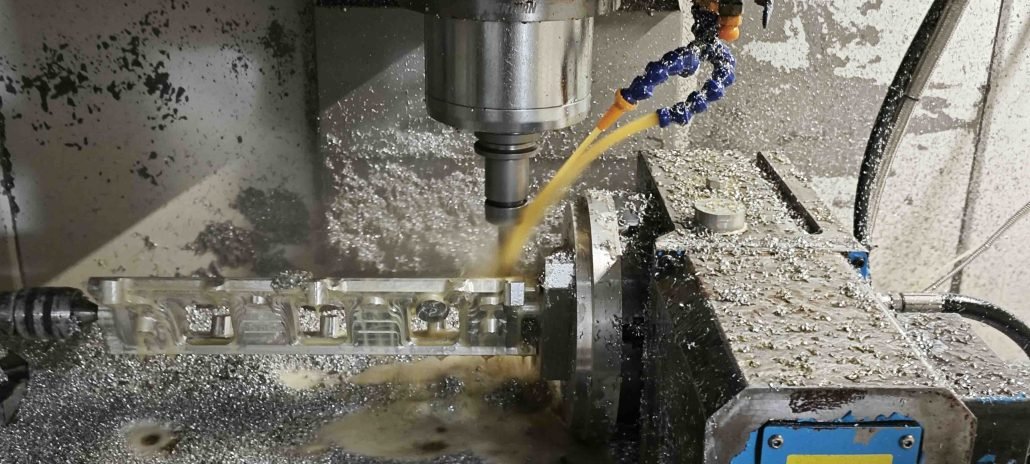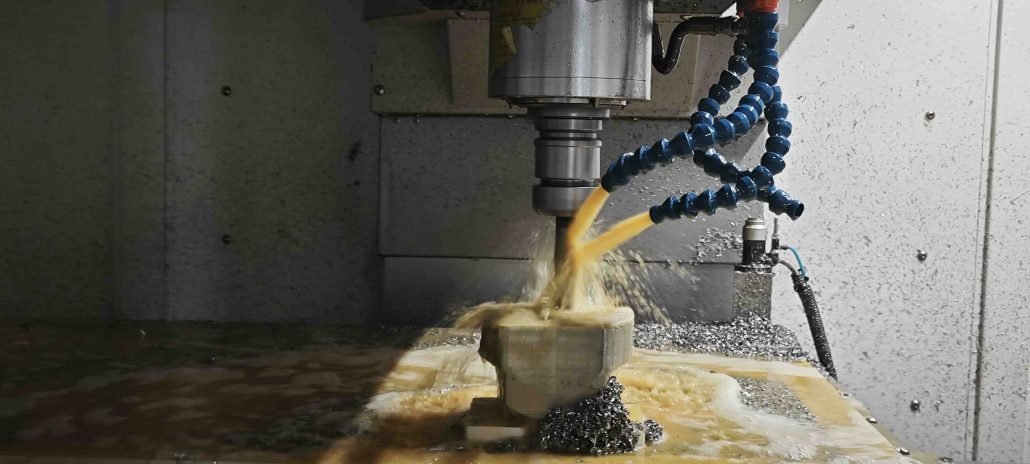CNC machining is a widely used manufacturing process that involves the use of computer-controlled machines to create complex and precise parts. This process is commonly used for creating prototypes because of its many advantages. In this article, we will discuss when CNC machining is best for prototypes.
Advantages of CNC Machining for Prototypes

CNC machining offers numerous advantages for prototyping, including:
- High precision and accuracy: One of the biggest advantages of CNC machining is its ability to produce parts with high precision and accuracy. This is because the process is computer-controlled, which allows for precise movements and measurements. CNC machining can produce parts with tight tolerances and smooth finishes, which is important for many different applications.
- Quick turnaround time: CNC machining is also known for its quick turnaround time. This process can produce parts in a matter of hours or days, depending on the complexity and size of the part. This is important for companies that need to get their prototypes to market quickly.
- Ability to create complex shapes and designs: Another advantage of CNC machining is its ability to create complex shapes and designs. This process can create parts with intricate designs and features that other processes may not be able to achieve. This is important for companies that need to create prototypes with complex geometries.
- Ability to work with a wide range of materials: CNC machining can work with a wide range of materials, including metals, plastics, and composites. This is important for companies that need to create prototypes using different materials.
- Cost-effective for small production runs: CNC machining is also cost-effective for small production runs. This is because the process is automated and does not require as much labor as other processes. This makes CNC machining a good option for companies that need to create small batches of prototypes.
When to Use CNC Machining for Prototypes
CNC machining is best for prototypes when:

- Precision is crucial: If your prototype requires high precision and accuracy, CNC machining is the best option. This process can produce parts with tight tolerances and smooth finishes, which is important for many different applications.
- Complexity is high: If your prototype has complex designs or shapes, CNC machining is the ideal solution. This process can create parts with intricate designs and features that other processes may not be able to achieve. This is important for companies that need to create prototypes with complex geometries.
- Material selection is critical: If your prototype requires a specific material, CNC machining is a good choice. This process can work with a wide range of materials, including metals, plastics, and composites. This is important for companies that need to create prototypes using different materials.
- Time is limited: If you need quick turnaround times, CNC machining is a good option. This process can produce parts in a matter of hours or days, depending on the complexity and size of the part. This is important for companies that need to get their prototypes to market quickly.
Conclusion
CNC machining is a great option for prototyping because of its precision, speed, and ability to work with a wide range of materials. If your prototype requires high precision, complex shapes, specific materials, or quick turnaround times, CNC machining is the perfect solution.
If you’re looking for a reliable and experienced CNC machining service provider for your prototype manufacturing needs, Dongguan City Longsheng Hardware Technology Co., Ltd can help. We offer high-quality and cost-effective CNC machining services for prototypes of all sizes and complexities. Contact us today to learn more.


